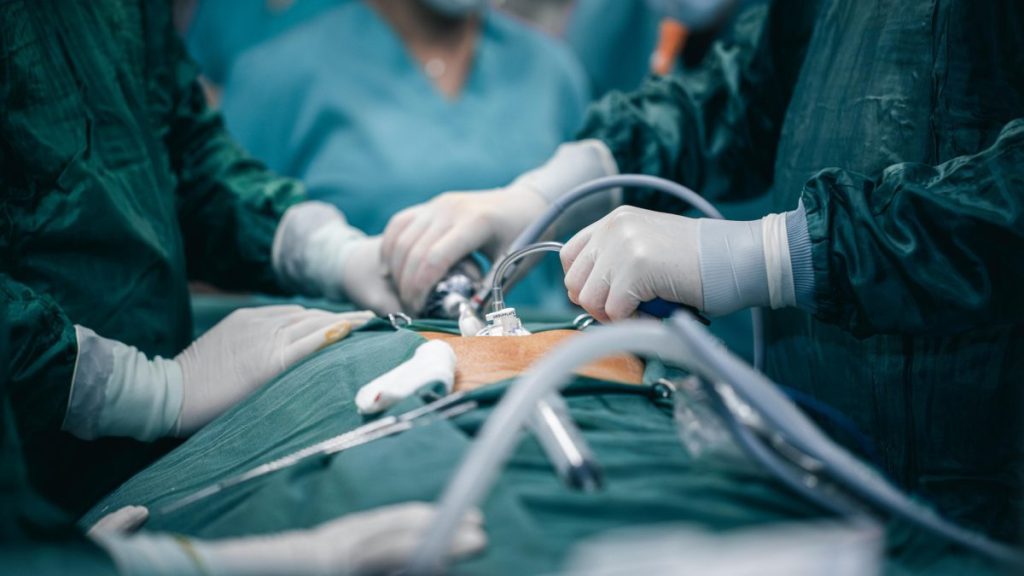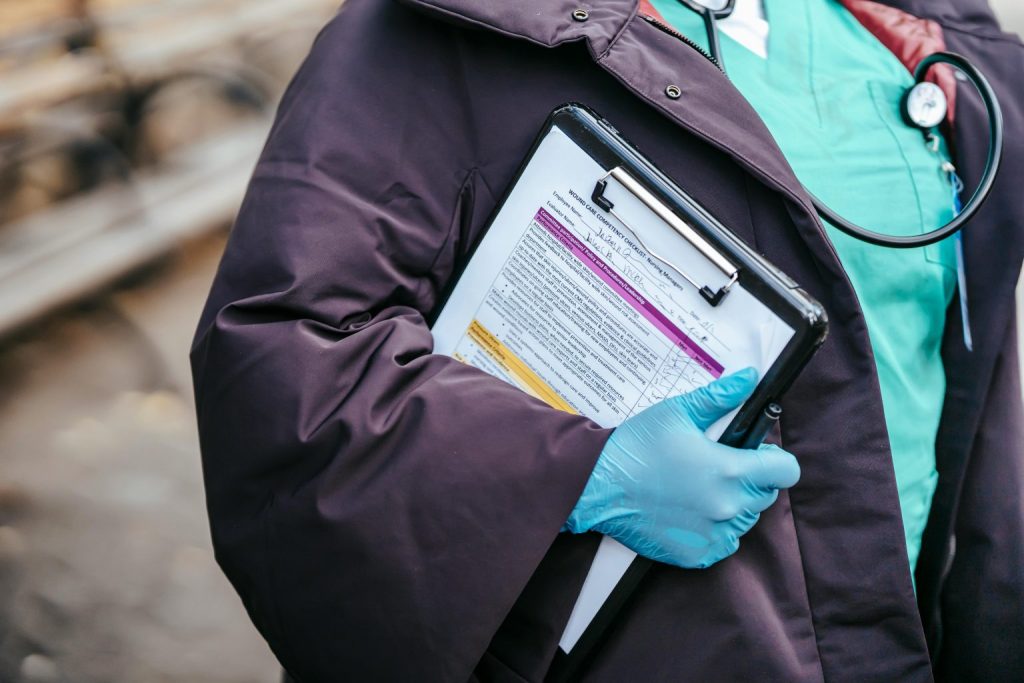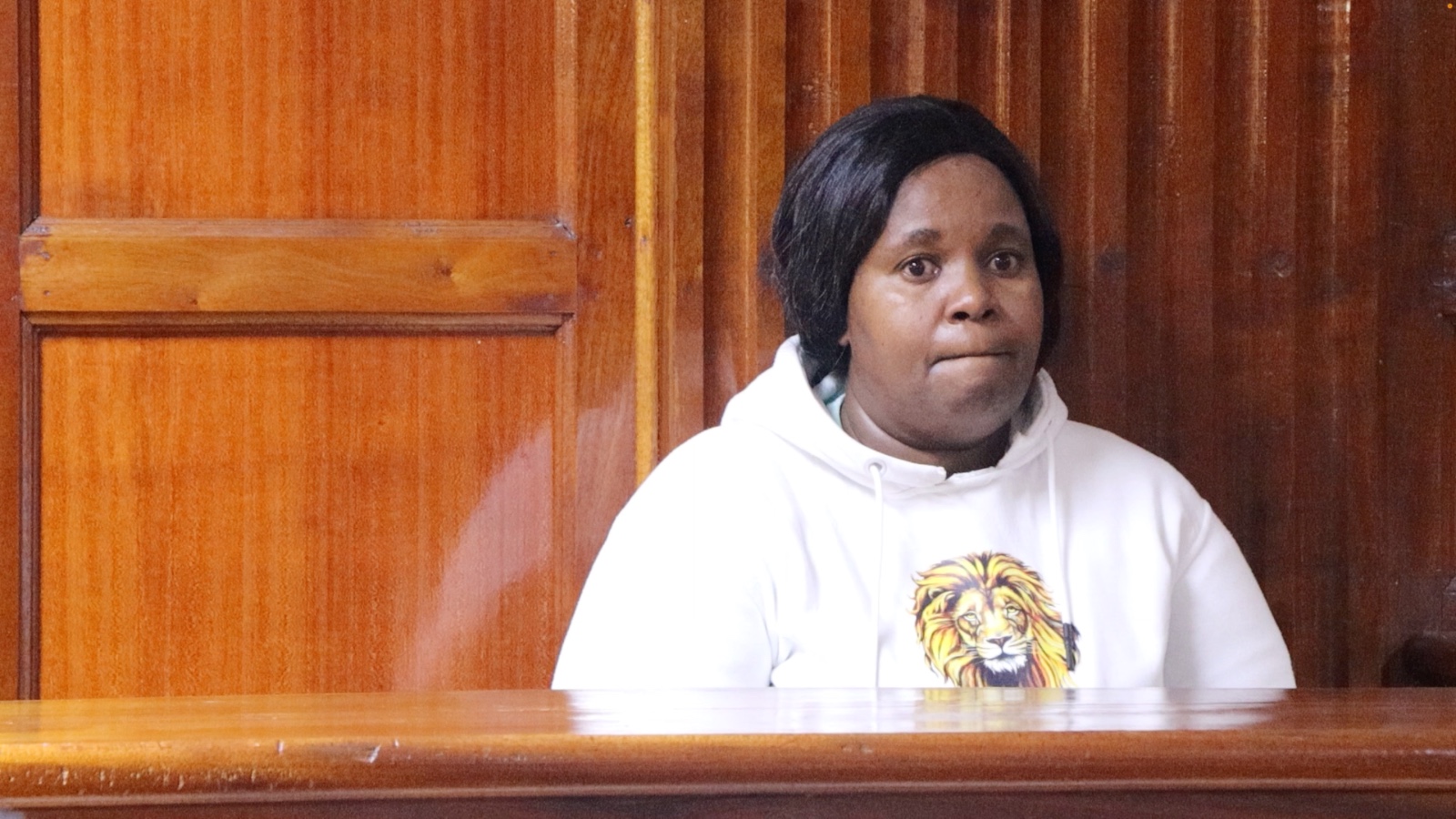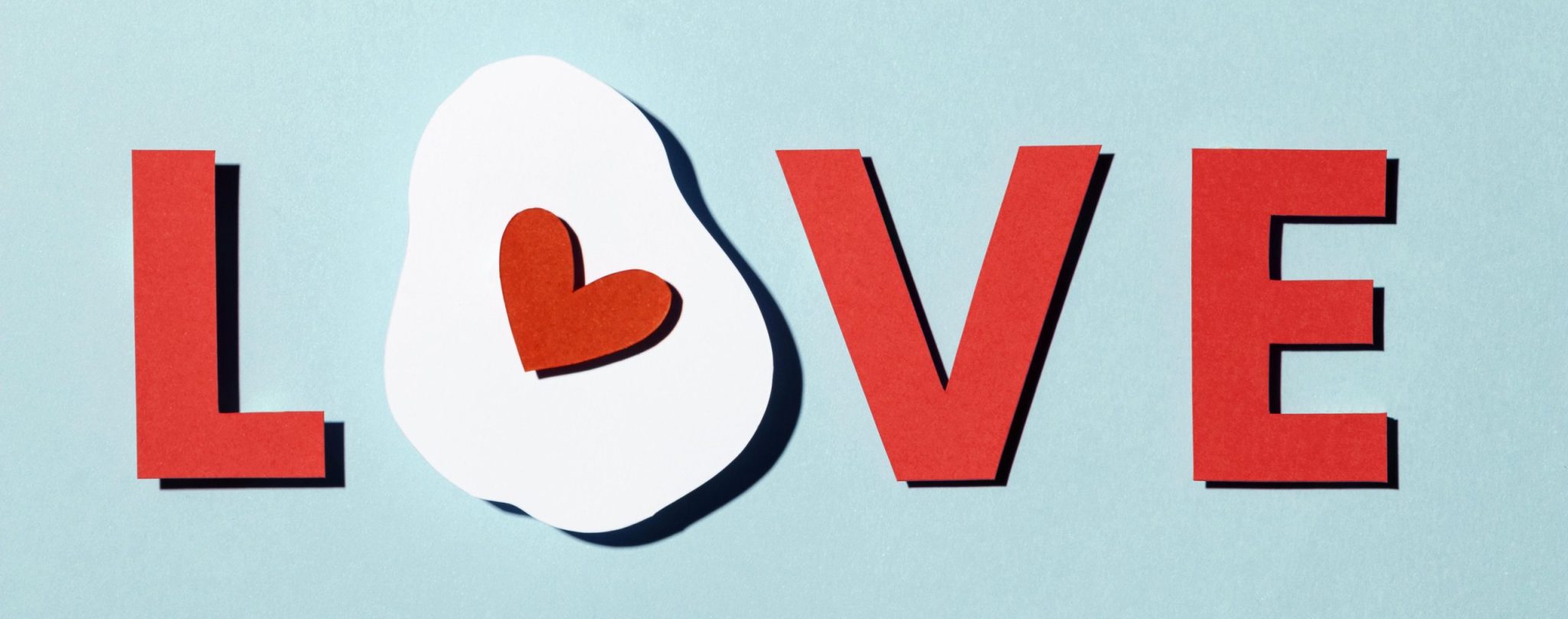Music During Surgery Speeds Recovery, Study Shows

Music continues to move from playlists into medical practice as a new study from Delhi’s Maulana Azad Medical College reveals how calming sound can support faster and clearer recovery after general anaesthesia. In an operating theatre in India’s capital, a woman lies unconscious as surgeons prepare to remove her gallbladder. Drugs keep her immobile, block pain, erase memory, and induce deep sleep, yet her auditory pathway remains partly active. Through her headphones, a soft stream of flute music plays. According to the study published in Music and Medicine, this gentle soundtrack is helping reduce her need for drugs such as propofol and opioid painkillers, which then allows her to wake up more smoothly once the procedure ends.
Patients in the study underwent laparoscopic cholecystectomy, a short keyhole surgery that requires a quick and “clear-headed” recovery. The researchers found that music during anaesthesia modestly reduced medication requirements while supporting better post-operative responses. Their findings offer some of the strongest evidence so far that sound-based interventions can be integrated safely into modern anaesthesia practice.

How Does Music Enhance Anaesthesia Recovery?
Understanding the impact of music begins with how anaesthesia itself works in today’s operating rooms. “Our aim is early discharge after surgery,” says Farah Husain, senior specialist in anaesthesia and certified music therapist for the study. She notes that patients should ideally wake up “clear-headed, alert, and oriented, and ideally pain-free,” because better pain control limits the body’s stress response.
This balanced recovery requires a mix of several drugs that maintain unconsciousness, block pain, relax muscles, and prevent memory formation. For laparoscopic gallbladder removal, anaesthesiologists usually pair these medicines with regional nerve blocks that numb parts of the abdominal wall. “General anaesthesia plus blocks is the norm,” says Tanvi Goel, the study’s primary investigator. She adds, “We’ve been doing this for decades.”
Even so, the body continues reacting to surgery. Heart rate increases, hormones rise, and blood pressure climbs. Managing this cascade is central to surgical care, and Husain highlights how poorly controlled stress can slow healing. The peak of stress often occurs before the operation even begins, during laryngoscopy and intubation. As Sonia Wadhawan explains, this step creates noticeable internal reactions despite the patient being fully unconscious. “Although the patient is unconscious and will remember nothing, their body still reacts to the stress with changes in heart rate, blood pressure, and stress hormones.”
Modern drugs help manage these reactions. Propofol remains a preferred option for short surgeries because of its quick onset and clean recovery profile. “Propofol acts within about 12 seconds,” Goel states, adding that it avoids the lingering effects sometimes seen with gas-based anaesthesia.
Can Music Reduce the Need for Strong Anaesthetic Drugs?
To measure music’s effectiveness, the team designed an 11-month clinical trial involving 56 adults aged roughly 20 to 45. All patients received the same five-drug regimen, and all wore noise-cancelling headphones. Only half listened to music. “We asked patients to select from two calming instrumental pieces – soft flute or piano,” Husain says. She notes that even under deep anaesthesia “the unconscious mind still has areas that remain active,” allowing music to deliver benefits even without explicit memory of hearing it.
Results showed that those exposed to music required lower doses of propofol and fentanyl. Reduced drug use translated into quicker and clearer awakenings, steadier vital signs, and fewer side effects. For a short procedure where fast recovery is essential, these improvements carry real value.
The research adds to growing global interest in using sound as a complementary tool in medical care. By reducing stress responses and supporting gentler recovery, music is earning a place not just in therapy rooms but also behind the closed doors of operating theatres.
By Yockshard Enyendi










